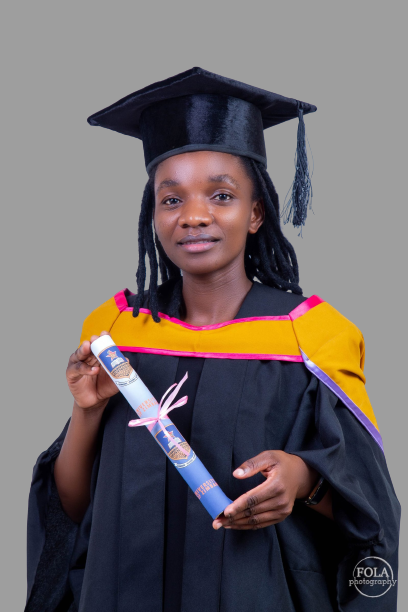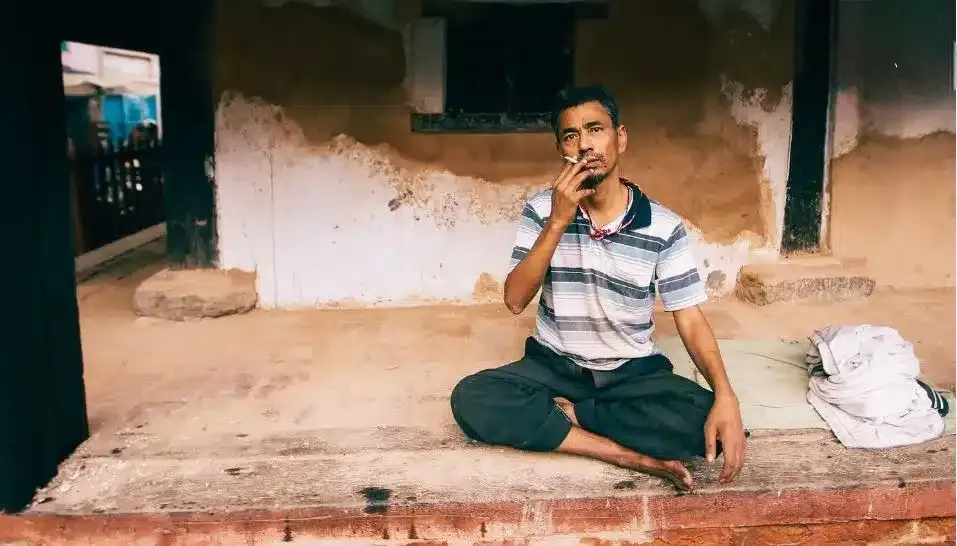Navigating truth and misinformation in the digital age – An excerpt from First Check’s Coffee Table Book
- admin / 2 years

- 0
- 3 min read

Social media’s dual nature as a tool for spreading both factual and false information requires careful navigation, especially in the context of public health crises like COVID-19.
“Just like fire can be used for constructive purposes as well as destructive purposes, social media can be a powerful tool for spreading information as well as mis/disinformation.”
For as long as I can remember, I have been fascinated by science and the way it explains the functioning of the human body. During my high school days, I had a keen interest in biology, which helped me score A grades, both at ordinary and advanced levels. Later, this passion influenced my choice of career in health sciences.
Today, as a health promotion practitioner, my duties include demand generation for various health programmes. In executing this, I encounter numerous health-related myths and misconceptions, which I have to dispel and also help build the capacity of grassroots-level cadres to do the same.
The COVID-19 vaccination programme is a telling example of the daunting task. Since it was a novel condition, there was limited knowledge about it and information kept evolving as research availed more answers. This led to abundant misinformation – which I am glad to have fought, and am still fighting. Up to this day, we have people who are eligible for the vaccine, yet they are reluctant to get vaccinated due to widespread misinformation about COVID vaccines. This shows the alarming impact of health misinformation.
I often wonder whether social media is a blessing or a bane. I think it depends on how we use it. Just like fire can be used for constructive purposes as well as destructive purposes, social media can be a powerful tool for spreading information as well as mis/disinformation.
In today’s digital age, we are seeing the irreparable damage caused by social media. The speed at which (mis)information can reach multitudes is unbelievable! So, we need to be cautious of what we share on digital platforms (as well as in in-person communications). I have found the acronym S.H.A.R.E to be a helpful guide in deciding whether to share information which I encounter on social media. It stands for: check the Source; Headlines do not always tell the full story; Analyse the facts; images and videos could be Retouched; look out for Errors.
This is an excerpt from First Check’s Coffee Table Book, you can read the full Coffee Table Book here.
Tracey Nomatter Ruzengwe is a Health Promotion Practitioner at the Ministry of Health and Child Care in Zimbabwe and is a member of the First Check team of Experts.










